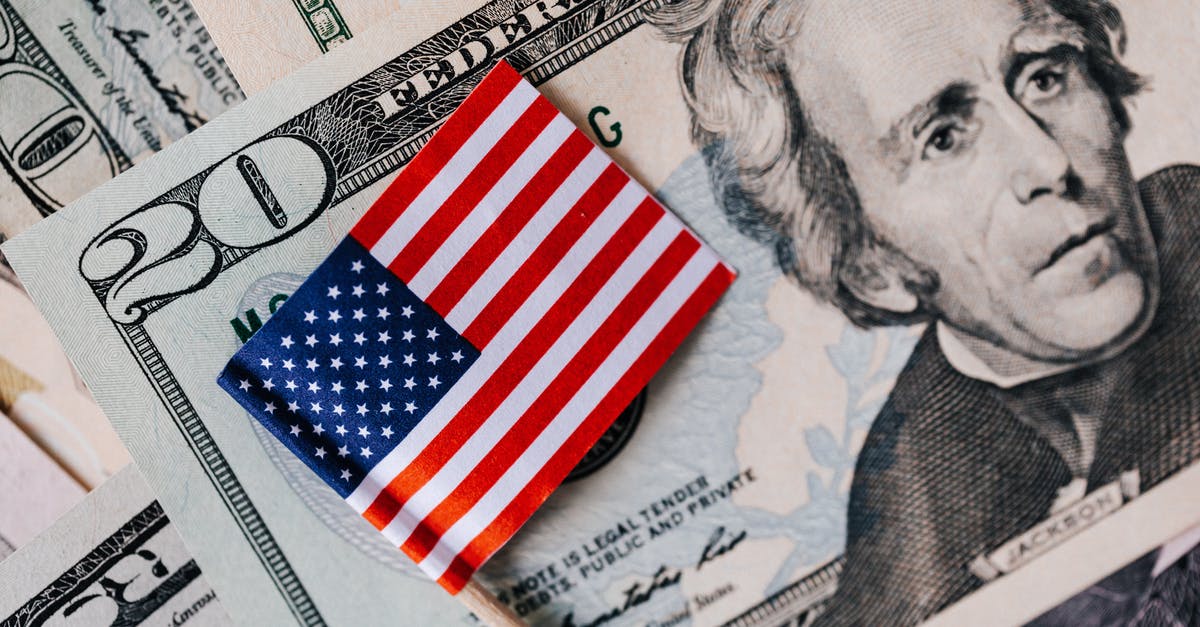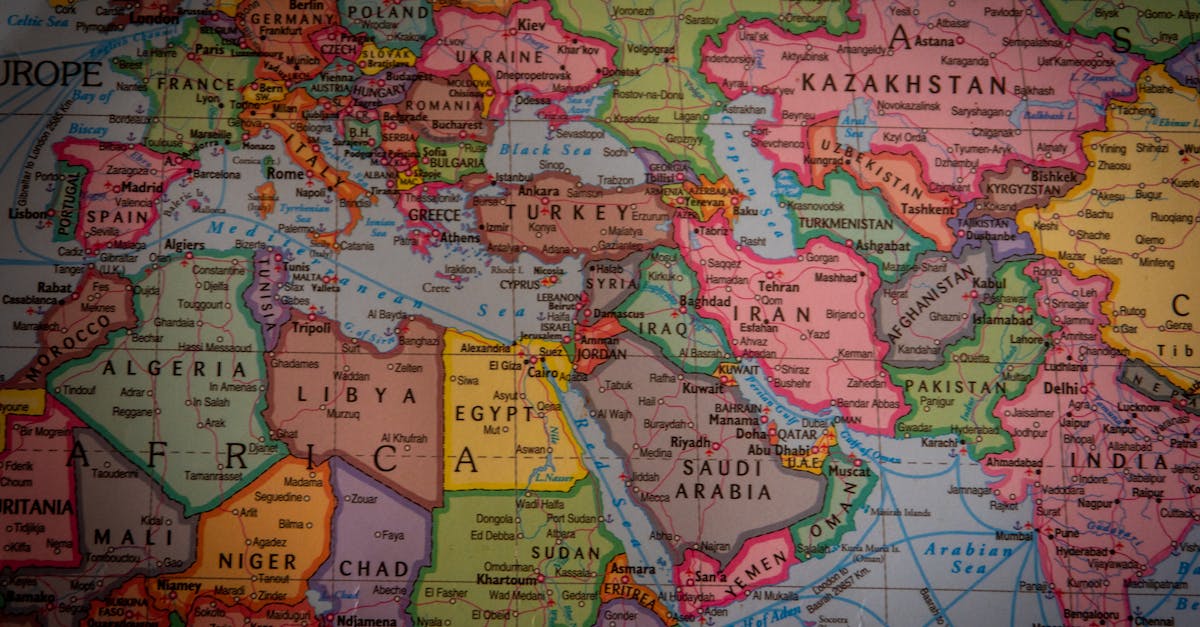Money – What Is It And Why Is It Important?

Cash is the most important fundamental unit of value throughout the economy. This is why, cash has important economic, governmental, and social impacts on societies and individuals. It determines exactly how people will conduct their businesses, regulates the exchange of currencies, helping to allocate resources. Hence, money plays a very important role within the operation of society.
The 3 main kinds of money are coins, banknotes, and metallic money. Coins are bits of cash which were released by governments. Their value might be copied by government assets, including currency and stocks. Banknotes are granted by banking institutions as substitutes for real coins. Their legal tender, additionally, is convertible into coins making sure that their value can be assessed at any point.
As you can plainly see, coins and banknotes play different functions throughout the economy. Therefore, how much money should you keep in your pocket? Clearly, you need to keep something which serves both monetary and social purposes. The amount you intend to store in your wallet will depend on your targets. If you only want to survive from day to day, have actually adequate money into your pocket to survive, and you don’t care a lot of about changing the entire world through social tasks, then having a couple of coins is plenty of.
Nonetheless, if you would like change the globe, and forgo your safe place, you will need to retain a great deal of active money in your pocket. This cash supply will allow you to buy commodities and invest in the stock and home, because the value of cash just isn't associated with any specific commodity. Nevertheless, as you accumulate wealth, you should use it to pay off debts, buy new cars and homes, and enhance your life style. Of course, with an increase of wealth, comes a more substantial proportionate part of society’s productive assets as well.
Active cash, in comparison to money held in bank reports, is usually kept in bullion or in coins. Gold, silver, and platinum are often accepted while the base metals for many types of physical goods. In case there is emergencies, you can always redeem them for income. On the other hand, commodities such as for example food, fuel, and raw materials are typically held in warehouses where their intrinsic value is determined by the current cost of production. In these instances, gold, silver, and platinum coins may act as sufficient supporting for the commodities.
Having said that, it can be stated that the goods that are generally speaking accepted as cash are the ones which have an immediate, real-life relationship together with your buying energy. For example, gold is a standard asset that serve as a hedge against inflation, and its particular value is at the mercy of alterations in the worldwide market. On the other hand, car finance is an intrinsically worthless good that serves no economic function other than to facilitate deals between individuals. Both in of those examples, the usefulness of this good is judged by the present cost of the item in the commodity market. Because of this, both fiat cash and fiduciary cash aren't regarded as being cash at all.








